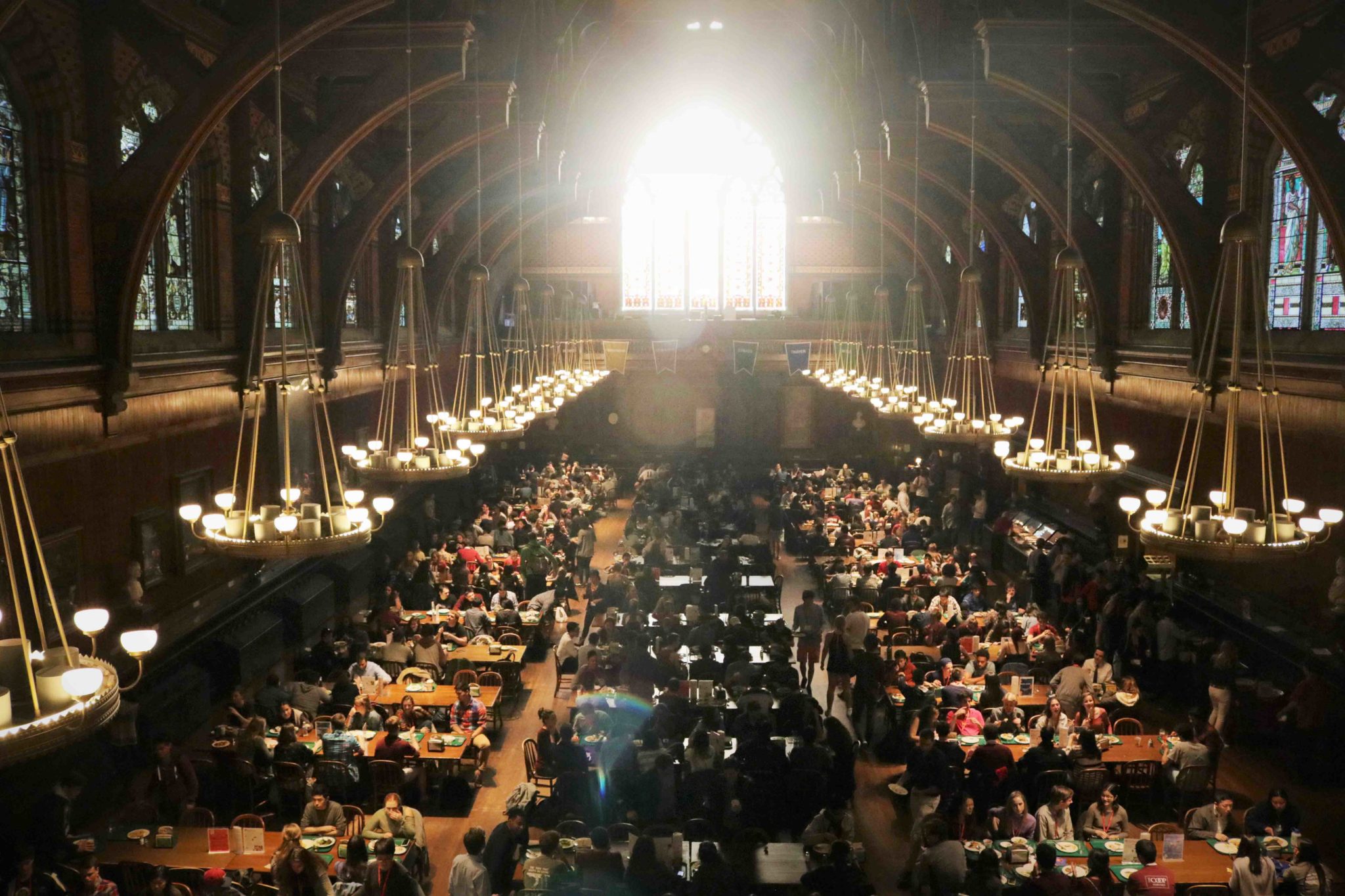
As a highly anticipated lawsuit challenging Harvard’s use of race in admissions goes to court, students and administrators at Yale — now facing a federal investigation for its own admissions practices — have rallied behind the use of race-based affirmative action at institutions of higher education.
The suit against Harvard, which went to trial Monday, stems from a complaint filed by Students for Fair Admissions, an anti-affirmative action group representing Asian-American college applicants. The group claims that, in an effort to maintain a “racial quota” within its student body, Harvard discriminates against Asian Americans by evaluating their personal qualities using a higher standard than peers of other races.
If Harvard loses the case, the suit has the potential to not only change Harvard’s admissions policies, but also affect how Harvard’s peer institutions — including Yale — consider race as a factor in their admissions policies. Harvard has repeatedly denied Students for Fair Admissions’ allegations and defended the school’s consideration of race as crucial to fulfilling its educational mission.
The Department of Justice and the Office for Civil Rights of the Department of Education are also currently investigating Yale’s own affirmative action policies to determine whether its admissions policies improperly discriminate on the basis of race, especially against Asian-American applicants. In a Sept. 26 email, University President Peter Salovey announced the investigation and defended Yale’s admissions policies.
“I write now to state unequivocally that Yale does not discriminate in admissions against Asian Americans or any other racial or ethnic group, to share information about our undergraduate admissions practices, and to affirm our unwavering commitment to diversity as a pillar of this university,” Salovey wrote in the email.
In the wake of the Harvard suit and Yale investigation, students have rallied behind the use of race-based affirmative action in admissions to maintain a diverse student body. On Friday, a group of students — former photography editor for the News Robbie Short ’19, Alex Wang ’19, Rita Wang ’19, Kaori West ’21 and Stella Xu ’21 — organized a photo campaign for students to show their support for affirmative action in anticipation of the Harvard trial.
“We have a lot more to lose as Asian Americans if we don’t support other races. It’s important to build this unified movement with communities of color,” Rita Wang said. “My hope is that Yale and Harvard are allowed to continue having affirmative action or some kind of inclusion of race. I don’t want us to become a UC Berkeley meritocracy.”
Unlike Yale and its peer Ivy League schools, California schools are prohibited from considering race as a factor in college admissions. In 1996, California’s state legislature passed a law banning public institutions from considering race in admissions policies.
In an interview with the News, Asian American Cultural Center Director Joliana Yee echoed Salovey’s remarks, adding that Yale’s current racial and socioeconomic makeup “looks the way it does because of affirmative action.” Yee said she believes many observers are misinformed about the Harvard lawsuit, and the AACC will be hosting events in the upcoming weeks for students to learn about affirmative action and the Harvard case, among other discussions about the history of race in America.
Yale College Dean Marvin Chun told the News that he agreed with Salovey’s defense of the University’s admissions policies.
The Harvard trial began Monday with opening statements from both the defense and plaintiff. The lawyer representing Students for Fair Admissions claimed that the lawsuit does not intend to threaten campus diversity at-large, but rather target Harvard’s discriminatory admissions practices specifically. The attorney added that the university holds Asian Americans to a higher standard than applicants of other races to maintain racial quotas, which are illegal under Title XI of the Civil Rights Act. Harvard’s lawyer staunchly defended the university’s holistic admissions policy, which considers race as one of many factors.
In July, Yale joined 15 other universities and colleges in filing an amicus brief to support Harvard in the lawsuit. The brief emphasized the importance of a diverse student body to fulfill the universities’ educational missions, and stated that race-blind admissions would prevent schools from achieving full diversity within their student bodies. In August, the Justice Department backed the plaintiffs in the Harvard suit, reversing its stance during the Obama administration.
Rita Wang, one of the photo campaign organizers, said that while she hopes the trial rules in Harvard’s favor and upholds race-conscious admissions practices, she is glad the lawsuit has prompted a conversation at Yale about issues of race and Asian-American identity.
Xu, another photo campaign organizer, told the News that some East Asian–American parents and communities — including the group suing Harvard — oppose affirmative action because they believe race-conscious admissions policies hinder the chances of qualified Asian-American applicants to secure a spot at elite schools. More recent immigrants to the U.S. tend to be less informed about how affirmative action works, she said, adding that fear can easily cause misinformation to spread among communities of Chinese parents.
Lillian Hua ’21, a member of the Asian American Students Alliance, echoed this concern, saying that she hopes the photo campaign diversifies the conversation around affirmative action by highlighting the members of the Asian-American community that anti-affirmative action policies do not benefit — low-income Southeast Asians. She added that these policies often benefit established Chinese-American families but often disregard students from immigrant backgrounds.
In a statement to the News, representatives from the Asian American Students Alliance board said that, while racism should not be tolerated at any level of college admissions, they refuse to be used as “model minorities to disparage and diminish the opportunities of other people of color.” The statement noted that allowing the voice of one subset of the Asian-American community to speak for all “threatens to erase” the stories of other, less advantaged groups within the Asian-American umbrella.
The trial is set to conclude this November.
Jever Mariwala | jever.mariwala@yale.edu
Alice Park | alice.park@yale.edu







